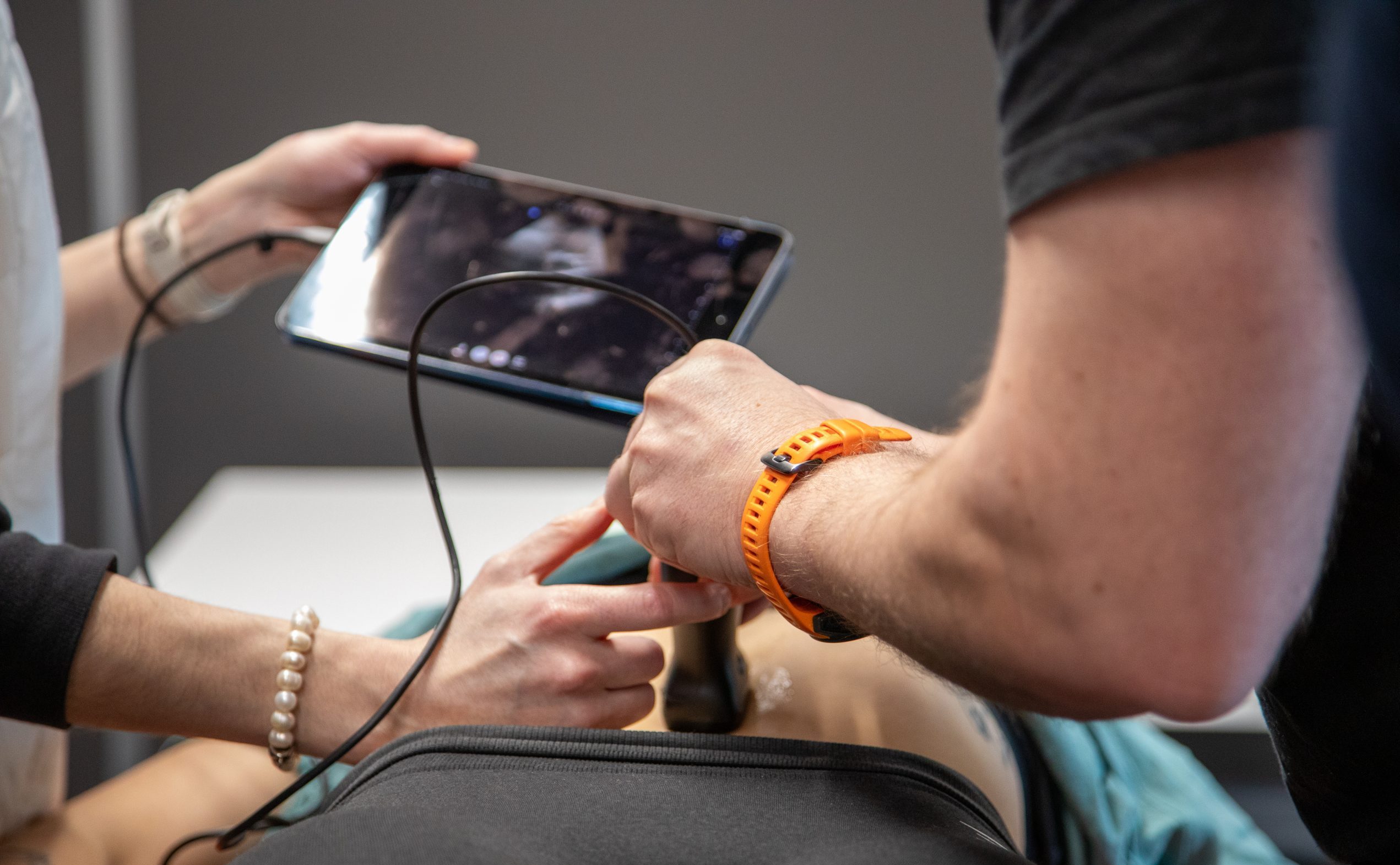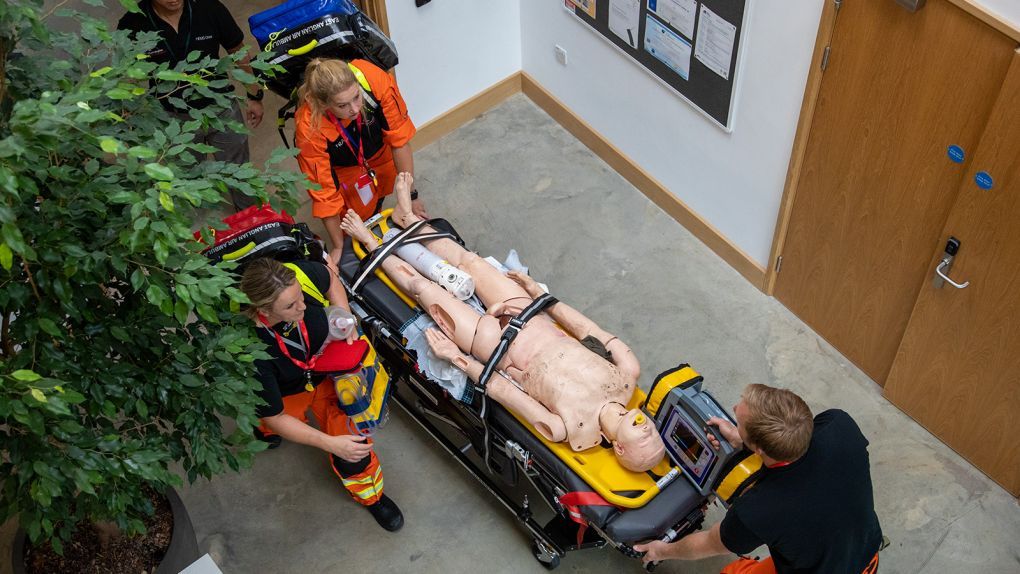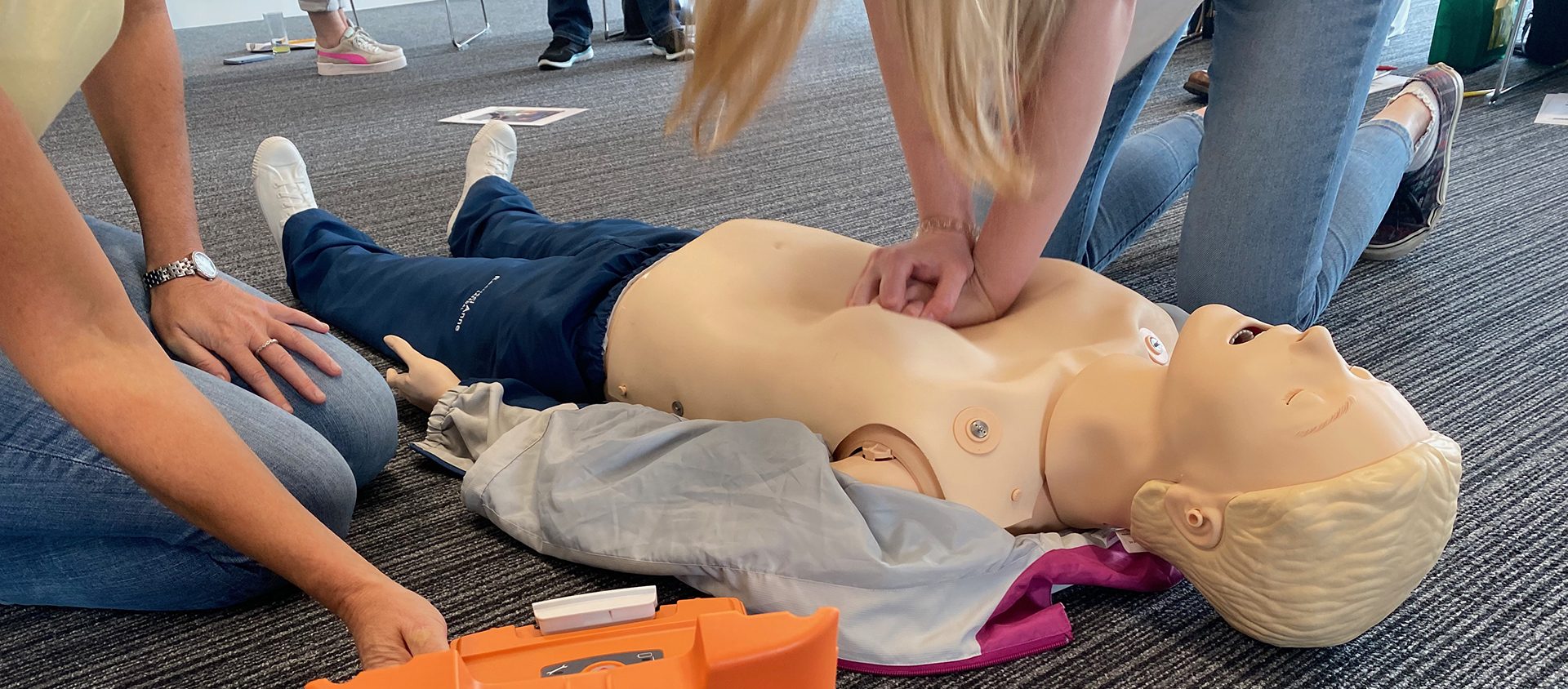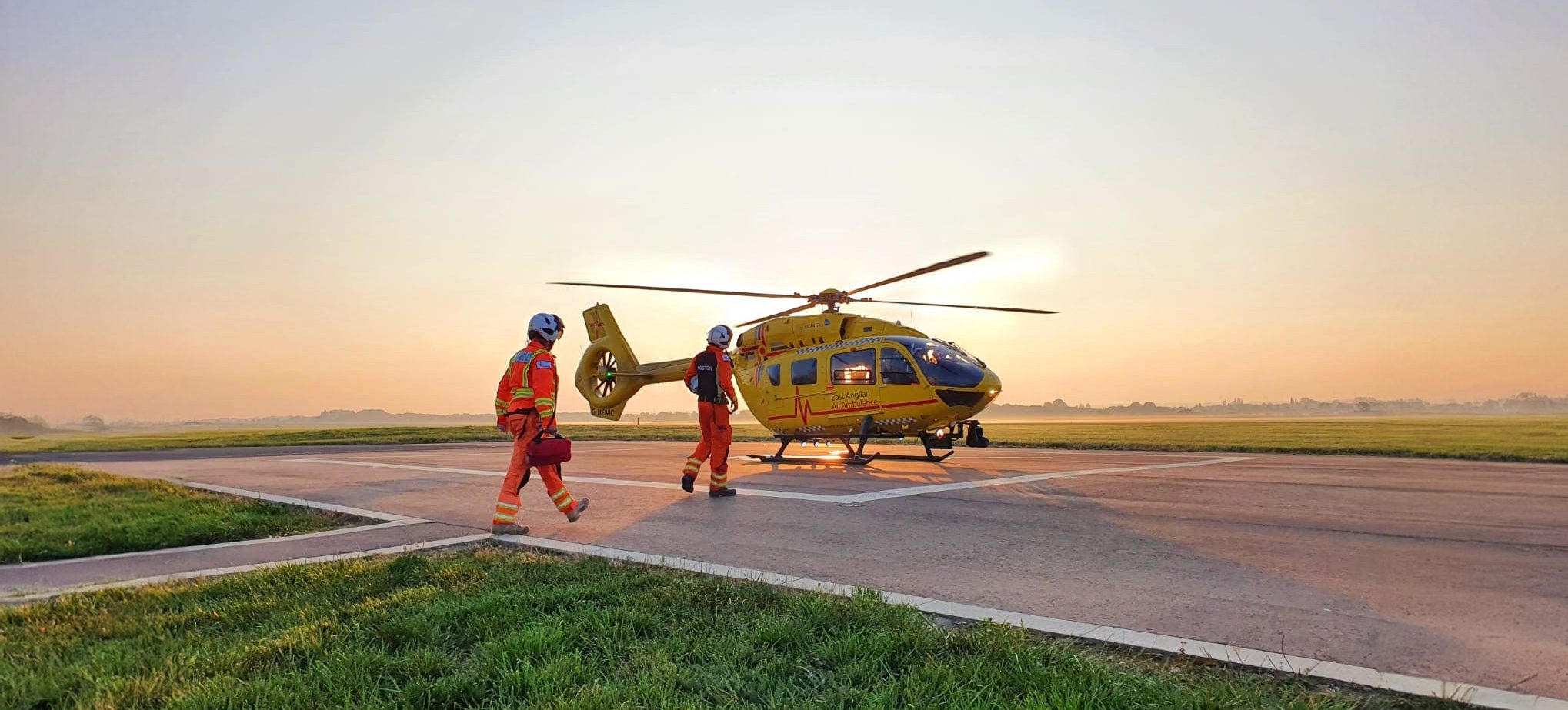SPEAR training
EAAA have developed an extensive education programme, accredited with leading UK faculty, EVTM Society (Endovascular Resuscitation and Trauma Management), for the use of emergency vascular access in the pre-hospital environment.
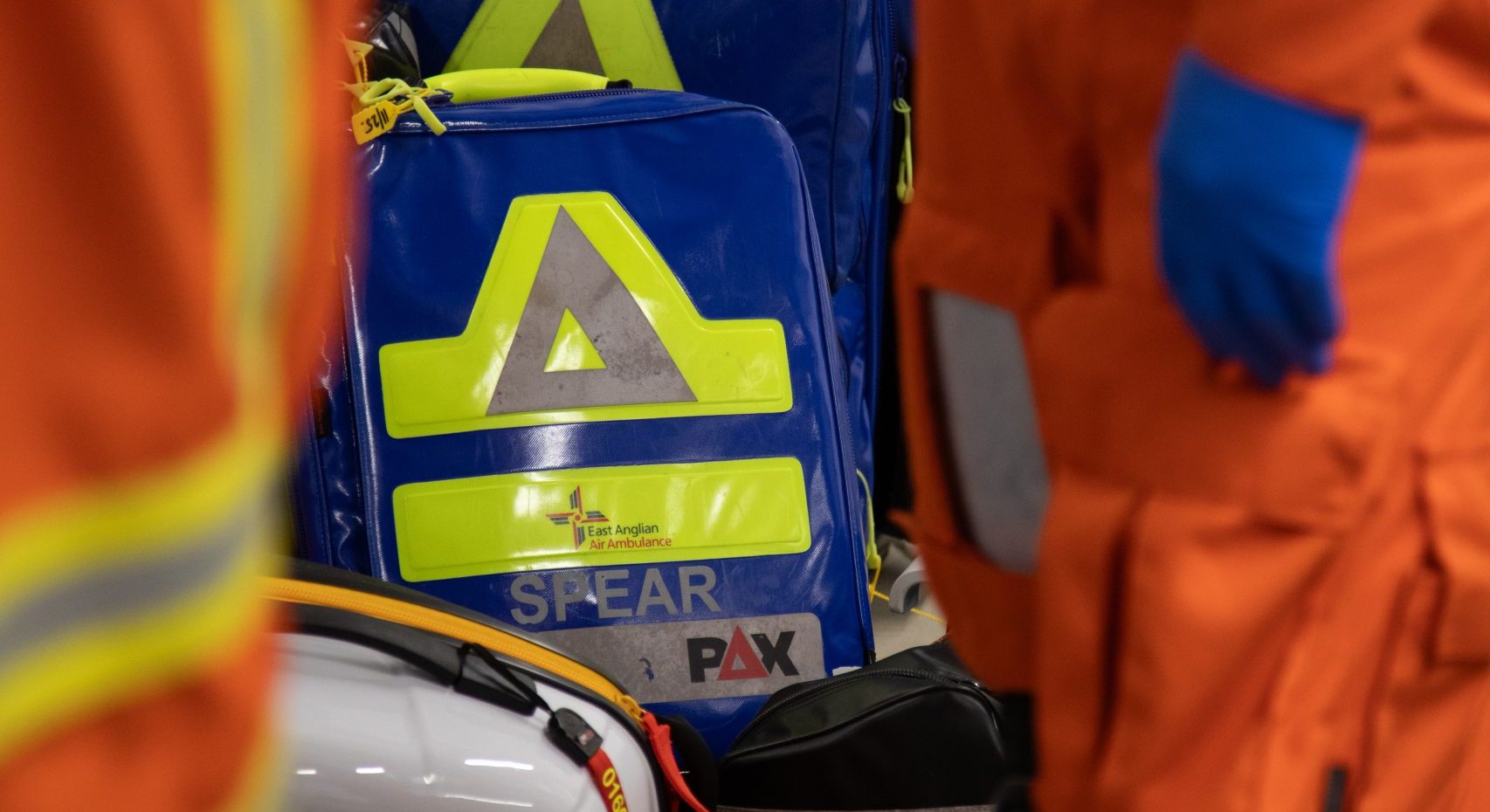
Book your place: 30 April 2025
You can book on to our next SPEAR Course, taking place on the 30 April, below.
Alternatively, if you’re not able to make this date, you can register your interest and we’ll let you know when new dates are released.
About the course
SPEAR refers to Specialist Percutaneous Emergency Aortic Resuscitation, an intervention performed in cardiac arrest patients. It involves inserting needles into the patient’s arteries and veins in the groin to measure blood pressure beat by beat. This is a hands-on masterclass in advanced resuscitation, with a special focus on optimising perfusion during resuscitation, and improving outcomes from cardiac arrest.
The SPEAR intervention helps EAAA clinicians at scene to be more accurate in the management of a cardiac arrest and deliver effective treatment. It can provide real-time feedback regarding the quality of CPR being delivered and ensure adequate blood supply to the patient’s brain and heart.
This course represents an important first step on the ladder of endovascular resuscitation and is aimed at advanced resuscitation teams interested in growing their emergency vascular access skills.
Specific to EAAA, our SPEAR course also attracts international delegates who want to implement the technique further afield. The course complement theory with plenty of hands-on practice and simulations to develop skills in the pre-hospital environment.
In addition to classroom presentations, our internationally acknowledged faculty will offer practical clinical skills stations, endovascular access equipment familiarisation, intensive simulated resuscitations, and an introduction to aortic balloon occlusion and the role of invasive circulatory support.
This course would be of particular interest to established PHEM consultants, critical care paramedics, and senior acute specialty trainees as well as those leading hospital resuscitation teams.
Course Directors:
Dr Paul Rees
RAID (Research, Audit, Innovation and Development) Medical Director: Dr Rob Major
If you have any further questions, please email raid@eaaa.org.uk.
